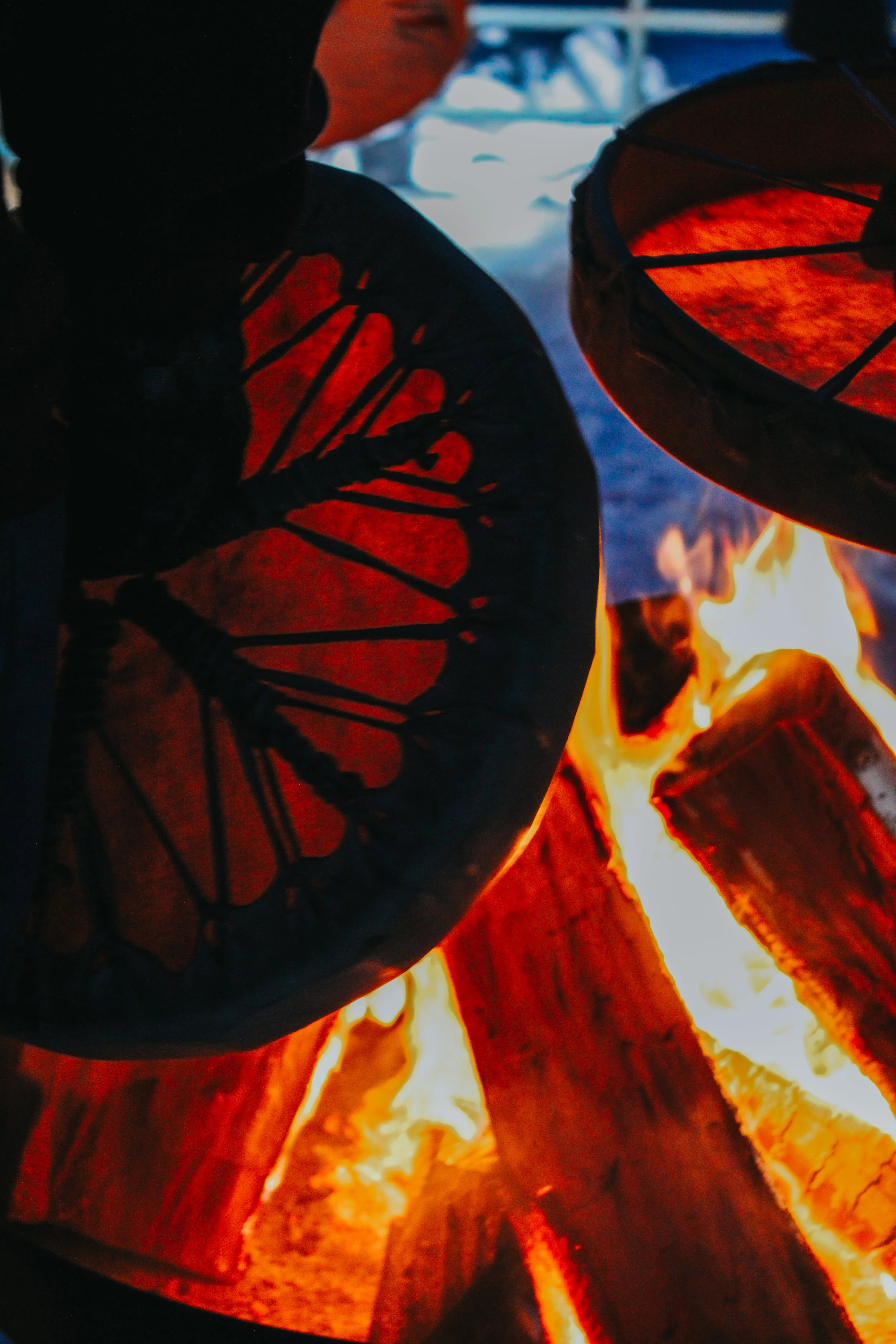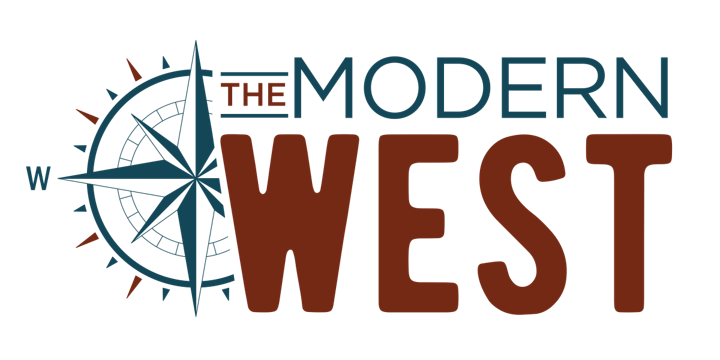
Season 6: Mending the Hoop
Series.
Recently, you may have noticed a lot of big news coming out of Indigenous America, from protests at Standing Rock to the return of wild bison to efforts to bring home ancestral remains and artifacts. But when you talk to the movers and shakers, the conversation often comes back around to a bitter history – the Plains Indian Wars. This season we hear the story from the point of view of the Plains tribes themselves. We discover how raw that story still is, and yet how communities are coming together to heal it.
For the Arapaho and Cheyenne tribes, the Sand Creek Massacre of November 29, 1864 doesn’t feel like distant history at all. That’s the day that the Colorado cavalry tortured and killed over 200 people, mostly women, children, and elderly – one of the worst atrocities in U.S. history. To the tribes, it feels like there’s still a lot of healing to do. And so, these days, they’re working to do just that.
After the massacre, the survivors flee into the bitter cold night and eventually are rescued by the Lakota. The tribes form a great alliance and decide war is justified. And so, in the months after Sand Creek, what ensues is a series of battles that shocks and awes the U.S. army. Never before have they witnessed the full might of the greatest mounted horsemen in the world.
The Plains Tribes continue their winning streak at the Rosebud and Little Bighorn fights. But it only leads the federal government to crack down harder. Soon, many tribal leaders surrender and, in despair, take their people to live on tiny reservations. Then along comes a new ceremony: the Ghost Dance. And that changes the dynamics of the war drastically.
It seemed important to share some of the behind the scenes conversations for this series. As a white woman reporting on Indian Country, Melodie always knew she would need extra guidance putting this season together. So she’s been regularly sitting down to talk with Oglala Lakota member and Native American historian Jeff Means to discuss best practices.
As you might have noticed from previous episodes, Jeff is a committed skeptic. But still, I decide to start by asking Jeff, does he believe healing this history is even possible?
This time on the Modern West…to make sure the Plains Indian Wars don’t flare up again, the U.S. army starts taking hostages…the tribes’ children. If they ran away, where would they go? They're 1000s of miles away from home. It was strategic on their part. It really isolated them. Killing the Indian Inside…it’s part four of our series Mending the Hoop.
This time on the Modern West…we head to northern Montana to witness the rescue of dozens of Yellowstone bison from slaughter. And Native women and two spirit people often lead the charge. Rematriation…it’s part five of our series Mending the Hoop.
It’s popular these days to read a land acknowledgement at public events, but Indigenous leaders and thinkers say that should only be the beginning — “a commitment that should be followed by action.” Like, returning the land itself.
This time on the Modern West…we meet Indigenous activists bringing healing to their communities.
This time on the Modern West, we gear up for the release of the new Ken Burns film, the American Buffalo. In anticipation, we’ll bring you a roundup of our best buffalo - aka bison - episodes AND an interview with Ken Burns. We start with a story from our first season.
In Part II: why American settlers chose to wipe out the bison and replace them with cattle.
We’re gearing up for the Ken Burns film The American Buffalo. In part three of our Bison Stories series, we make a journey to the Fort Peck Reservation in Montana for a bison release ceremony.
Filmmaker Ken Burns just released a new series called American Buffalo and The Modern West sat down to talk to him about it. He says it’s a very new direction for him. “This is a project we’ve been thinking about for more than 30 years – a biography of an animal.”
This time on the Modern West, are the Plains Indian Wars really over? When you look at the statistics, it makes you wonder.
Jeff and I pick up the conversation today where our last one left off. As the 19th century came to a close, the United States may have stopped direct battle with the Plains nations… but the war was far from over. Throughout the conversation, Jeff points out the ways Indigenous communities continue to demonstrate a pride in their identities that the U.S. government tried to erase.

“Thank you for your exceptional effort on Mending the Hoop. I have learned so much from your respectful and thorough approach to the telling of this history. I am embarrassed to admit my ignorance about Sand Creek and the takings from the Plains Peoples. I have been greatly moved by the recorded perspectives of elders and the actors' reenactments. The quality of this program must have taken a tremendous effort on your part. Thank you for your special care.”

